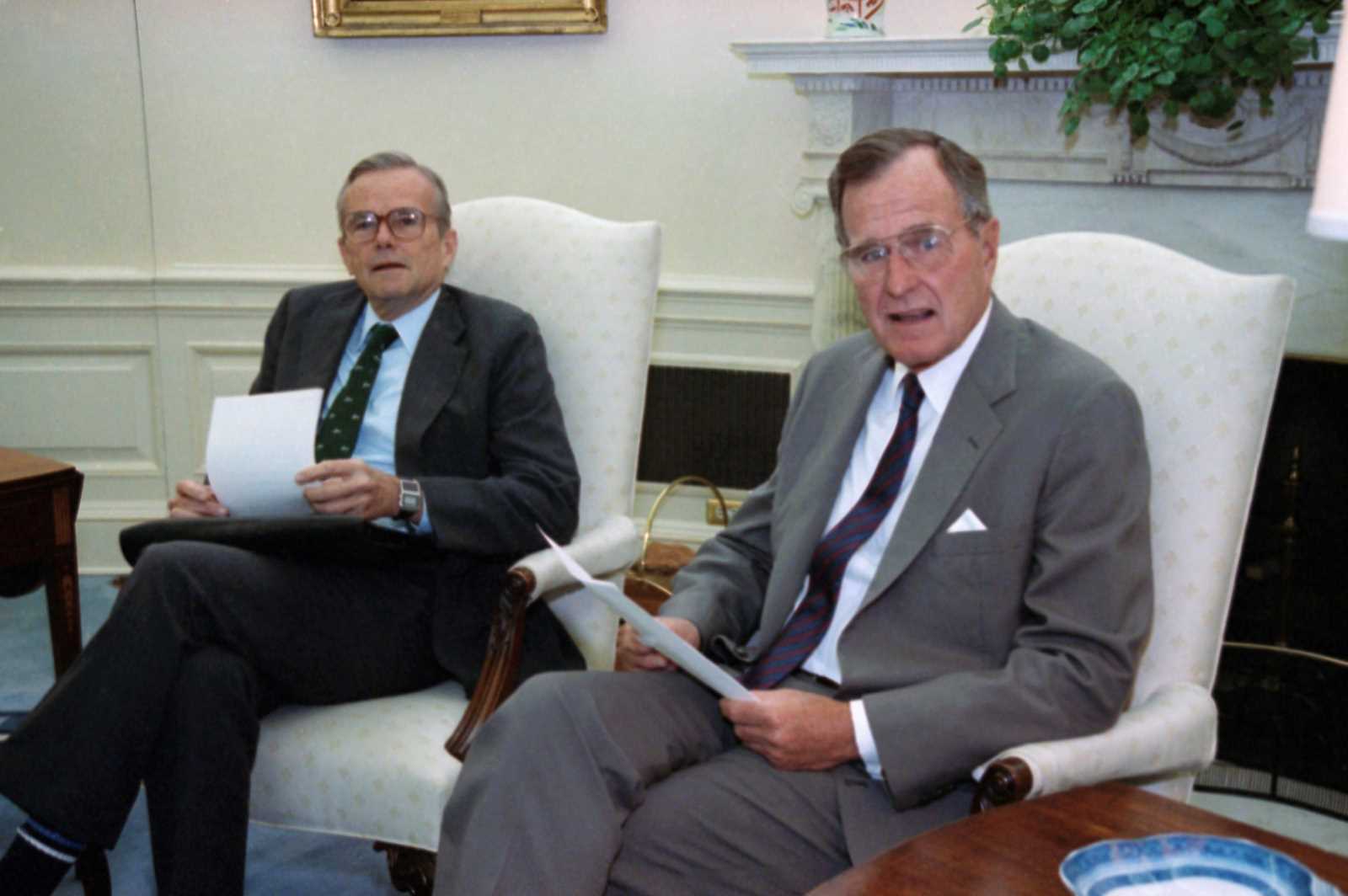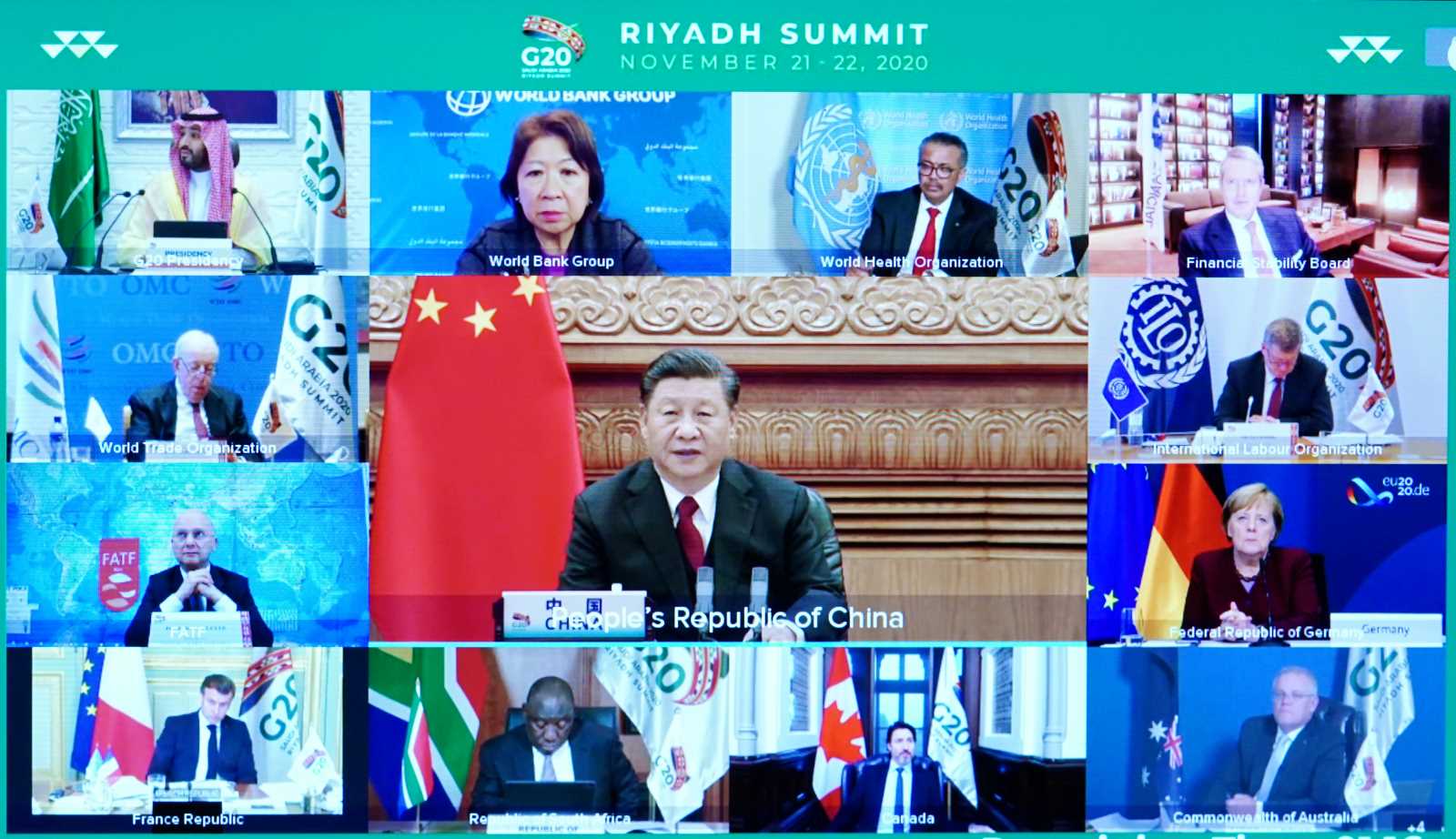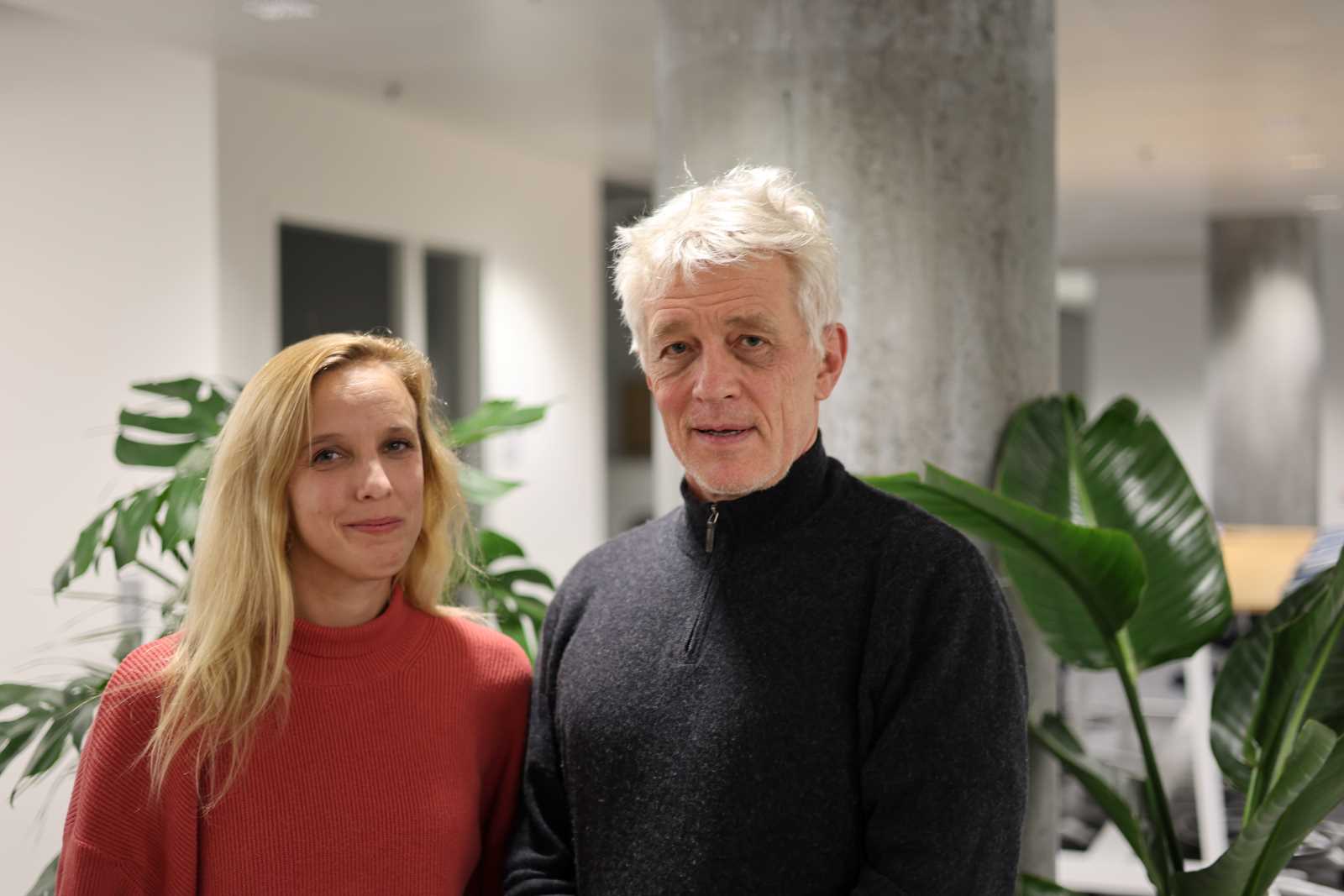Bail-out lending
Disagreement between China and the Paris Club

The Paris Club is reluctant to restructure a country’s debt without the cooperation of China. Its members do not want China to free ride, which would be the case if it benefited from continued debt services while western institutions renounced some payments.
As a recent World Bank study (Horn et al. 2023) shows, however, China has not been free riding so far. It has undertaken 128 rescue loan operations for 22 debtor countries in recent years. So far, its bail-out money amounts to $ 240 billion. The funding was channelled to countries with dwindling foreign-exchange reserves and poor credit ratings.
Nearly 80 % of China’s emergency rescue lending was issued between 2016 and 2021. These operations include many so-called “rollovers”, in which loans are extended again and again. On the other hand, China has radically reduced its lending for infrastructure and other development projects.
China’s crisis support for heavily indebted countries is not altruistic. Beijing is ultimately trying to rescue its own financial institutions, as Carmen Reinhart, one of the co-authors of the World Bank paper, has argued. Various state-owned banks are involved in China’s international lending, and their capacity to absorb losses is unknown. Reinhart believes that China’s extreme reluctance to grant debt relief is linked to worries about its own banks becoming over-burdened.
Indispensable international cooperation
China is obviously aware of the debt nightmare and even responding to it. However, no national government can solve these problems on its own because many other parties are involved too. International cooperation is therefore indispensable.
While western governments like to criticise China for its comparatively rigid stance on forgiving debt, they were in the same position in the past. They too were always hesitant to grant debt relief. Moreover, they showed very little interest in establishing a fully functional, pre-defined sovereign-bankruptcy mechanism (see main story), though Germany’s new Federal Government has expressed itself in favour of establishing one.
In the current setting, Beijing wants multilateral development banks (MDBs), including the World Bank, to accept losses (called “haircuts”) on their loans. That would obviously reduce the pain of bilateral and private creditors. The approach, however, would hurt the interests of the developing countries that depend on MDB lending for developmental purposes such as building infrastructure and implementing policies. The point is that the MDBs would lose the preferred creditor status that allows them to refinance their operations at comparatively low costs on international financial markets.
The implication would be that their development-oriented loans would become more expensive. That, however, would make debt sustainability more precarious and further limit developing countries’ ability to tackle issues such as poverty or environmental hazards.
The case of Ghana
In spite of the difficulties, progress is possible. After long and excruciating talks, China and the Paris Club agreed on a debt restructuring deal for Ghana, as the Financial Times reported on 19 May. The comprise is that while China will forgive some debt and the World Bank will not, the latter will keep on handing out additional grants and concessional lending at subsidised interest rates to Ghana. The Economist, the London-based magazine, calls this compromise a “fudge”, but appreciates the possibility that debt-restructuring negotiations for other countries may be resolved similarly. It warns, however, that the Ghanaian case was comparatively simple because Chinese loans only make up a rather small share of the country's debt.
According to the FT, Chinese loans amount to only about $ 1.9 billion, while Ghana’s total debt burden is some $ 63 billion. Other lender nations account for $ 3,5 billion, with private-sector credit being far more important (at about $ 15 billion). Restructuring talks for that debt are still going on. Ghana’s domestic debt is also substantial.
Nonetheless, the agreement of the Paris Club and China is of crucial relevance, as an IMF bailout hinged on it. The first tranche – $ 600 million of $ 3 billion spread out over three years – can now be disbursed immediately. The deal shows, moreover, that the Paris Club and China can reach agreement in principle. It is also encouraging that they did so in the case of a lower-middle income country even though the G20 Common Framework on Debt Treatment formally only applies to low-income countries. The CF must obviously be further developed, and steps like this one serve that purpose incrementally.
The mere fact that the People’s Republic is now a key creditor in debt-restructuring negotiations shows that it is not simply one of many developing countries. It has indeed become the world’s superpower number two. Other countries’ escape from their debt limbo hinges on Chinese decisions.
Link
Horn, S., et al., 2023: China as an international lender of last resort. Washington: World Bank Group.
http://documents.worldbank.org/curated/en/099450403272313885/IDU046bbbd8d06cc0045a708397004cbf4d2118e
José Siaba Serrate is an economist at the University of Buenos Aires and at the University of the Centre for Macroeconomic Study (UCEMA), a private university in Buenos Aires. He is also a member of the Argentine Council for International Relations (CARI).
josesiaba@hotmail.com
Update: The paragraphs on Ghana were added on 20. May 2023, 11:45 am Frankfurt time.














